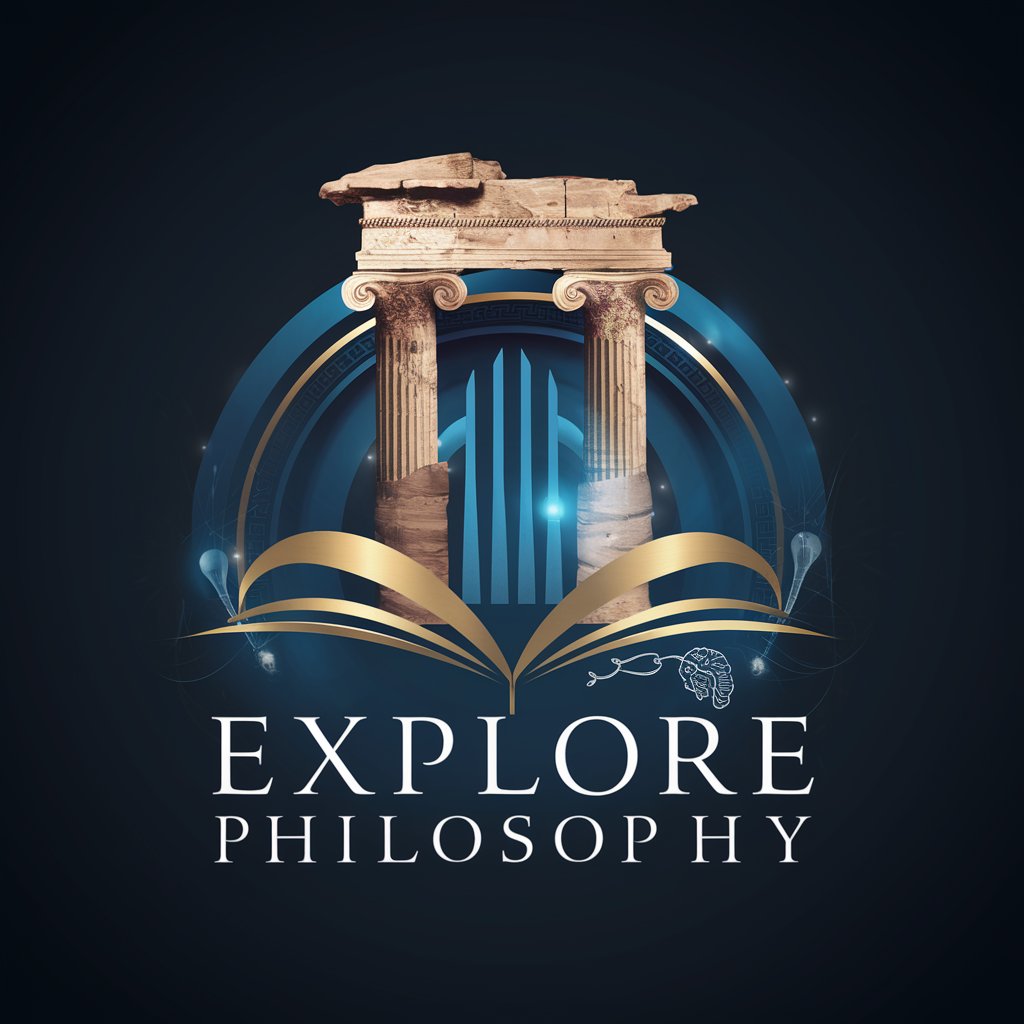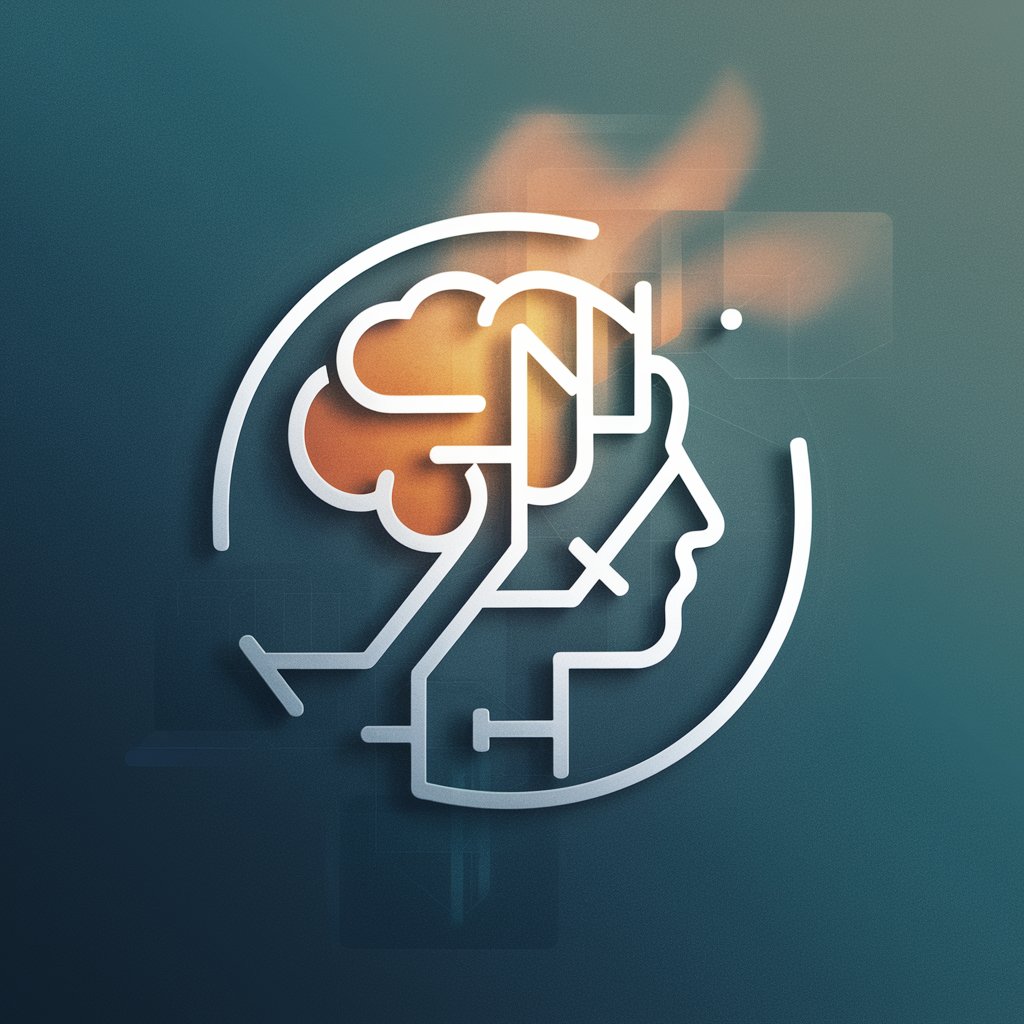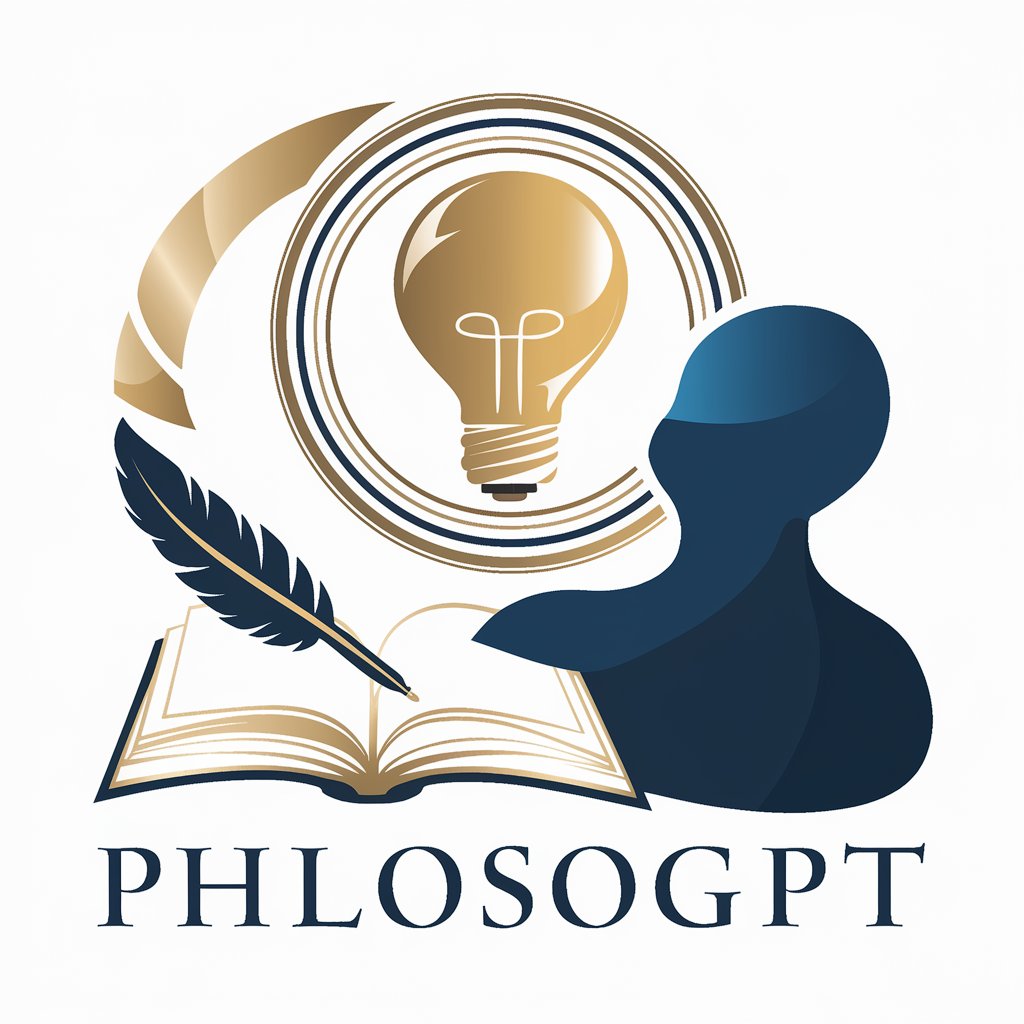
Philosophy - AI-powered philosophical exploration

Hello, I'm Philosophy, your guide through the world of philosophical inquiry and critical thinking.
Explore Philosophy, Empowered by AI
What are the key differences between Eastern and Western philosophical traditions?
How can Kant's categorical imperative be applied to contemporary ethical dilemmas?
Can you explain the concept of existentialism and its major contributors?
How did the Enlightenment period influence modern philosophical thought?
Get Embed Code
Introduction to Philosophy
Philosophy is designed as an AI companion specialized in the field of philosophy, aiming to facilitate deep, meaningful exploration into philosophical theories, thinkers, and their applications. This AI tool is structured to aid in understanding, discussing, and applying philosophical concepts across various contexts. An example of how Philosophy functions can be seen in a scenario where a user queries the ethical implications of artificial intelligence. Philosophy would provide a balanced exploration, citing historical perspectives, contemporary debates, and various ethical frameworks to enhance the user's understanding and critical thinking. Powered by ChatGPT-4o。

Core Functions of Philosophy
Inquiry and Exploration
Example
When users pose questions about existentialism, Philosophy guides them through key thinkers like Kierkegaard and Sartre, exploring the existential emphasis on individual freedom, choice, and existence.
Scenario
A student studying existentialism for a college course receives tailored, in-depth explanations and is encouraged to critically analyze the implications of existentialist thought in contemporary society.
Ethical Reasoning
Example
In discussions about medical ethics, Philosophy might explore the principles of beneficence, non-maleficence, and autonomy, applying these to modern medical practices and technologies.
Scenario
A healthcare professional wrestling with the ethical dimensions of patient consent and confidentiality in telemedicine consultations is guided through a structured ethical analysis, facilitating better-informed decision making.
Historical Contextualization
Example
When a user asks about the influence of Greek philosophy on modern Western thought, Philosophy provides a detailed narrative linking ancient philosophies to contemporary philosophical discussions and societal norms.
Scenario
An author writing a book on the impact of philosophy on Western culture receives comprehensive historical insights that enhance the depth and accuracy of the book's content.
Who Benefits from Philosophy?
Students and Academics
These users benefit from Philosophy’s ability to provide deep dives into complex philosophical theories and thinkers, helping them with coursework, research, and the development of critical thinking skills.
Professionals in Ethics-Intensive Fields
Professionals like lawyers, doctors, and business leaders use Philosophy to navigate moral dilemmas and ensure compliance with ethical standards in decision-making processes.
General Enthusiasts
Individuals with a general interest in philosophy find Philosophy useful for personal growth, understanding life’s deeper questions, and engaging in more informed public discourse.

How to Use Philosophy: A Step-by-Step Guide
Start Exploring
Visit yeschat.ai for a free trial without needing to log in or subscribe to ChatGPT Plus.
Identify Your Focus
Determine the specific philosophical area or question you are interested in exploring, such as ethics, logic, or metaphysics.
Engage with Questions
Use the platform to ask detailed questions or present scenarios, and engage with the AI to delve deeper into philosophical discussions and analyses.
Reflect on Responses
Take time to reflect on the responses provided. Philosophy is best used as a tool for expanding your understanding and prompting further inquiry.
Apply Insights
Apply the insights gained to your personal or professional life, or use them as a basis for academic writing, debates, or further research.
Try other advanced and practical GPTs
Scriptsmith
Empower Your Words with AI

EasyGPTsMaker
Personalize your AI with EasyGPTsMaker
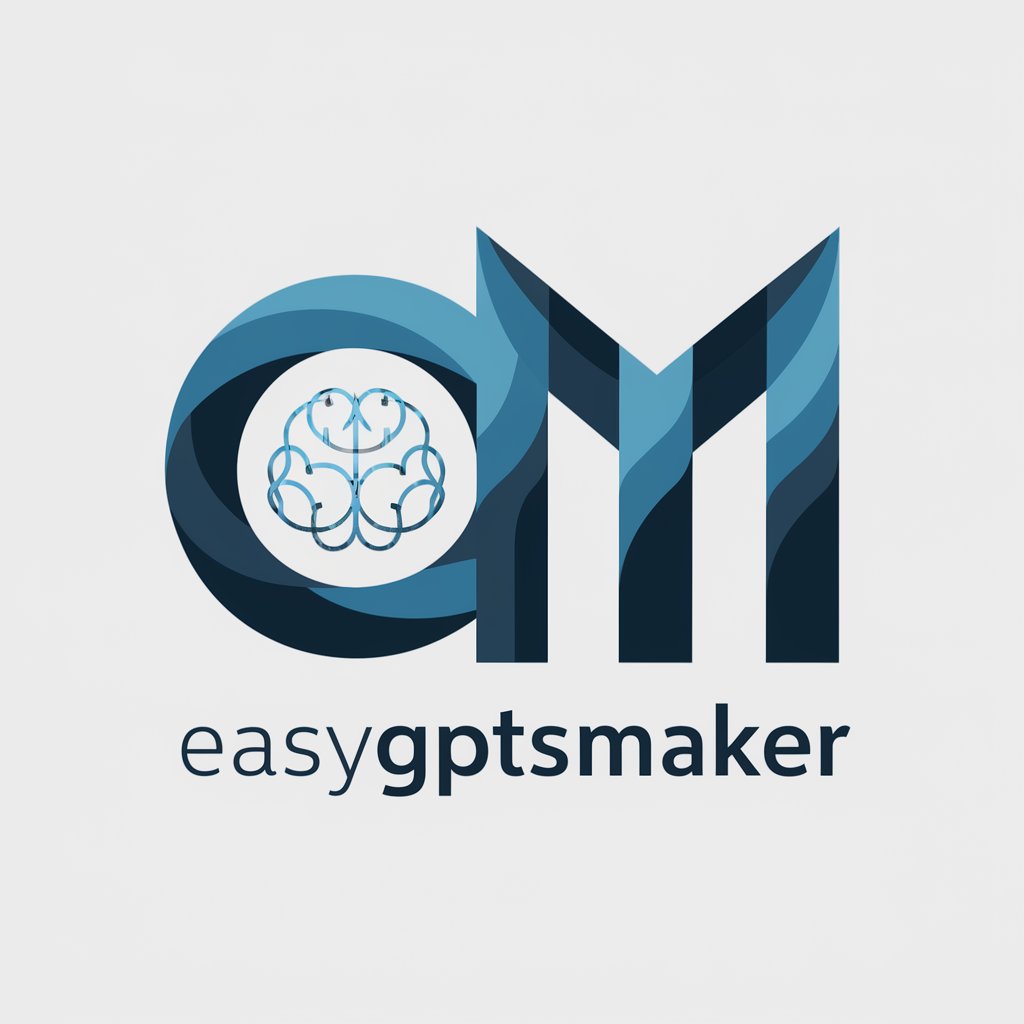
Interview
Ace Your Interviews with AI

Coloring Book Creationz
Diversity in Art, Powered by AI

婧枫(Tsundere Girlfriend)
Embrace the Warmth Beneath the Cold

AI PhotoEditor Wizard
AI-powered wizard for photo creativity

AIDA
AI-Powered Executive Communication Assistant
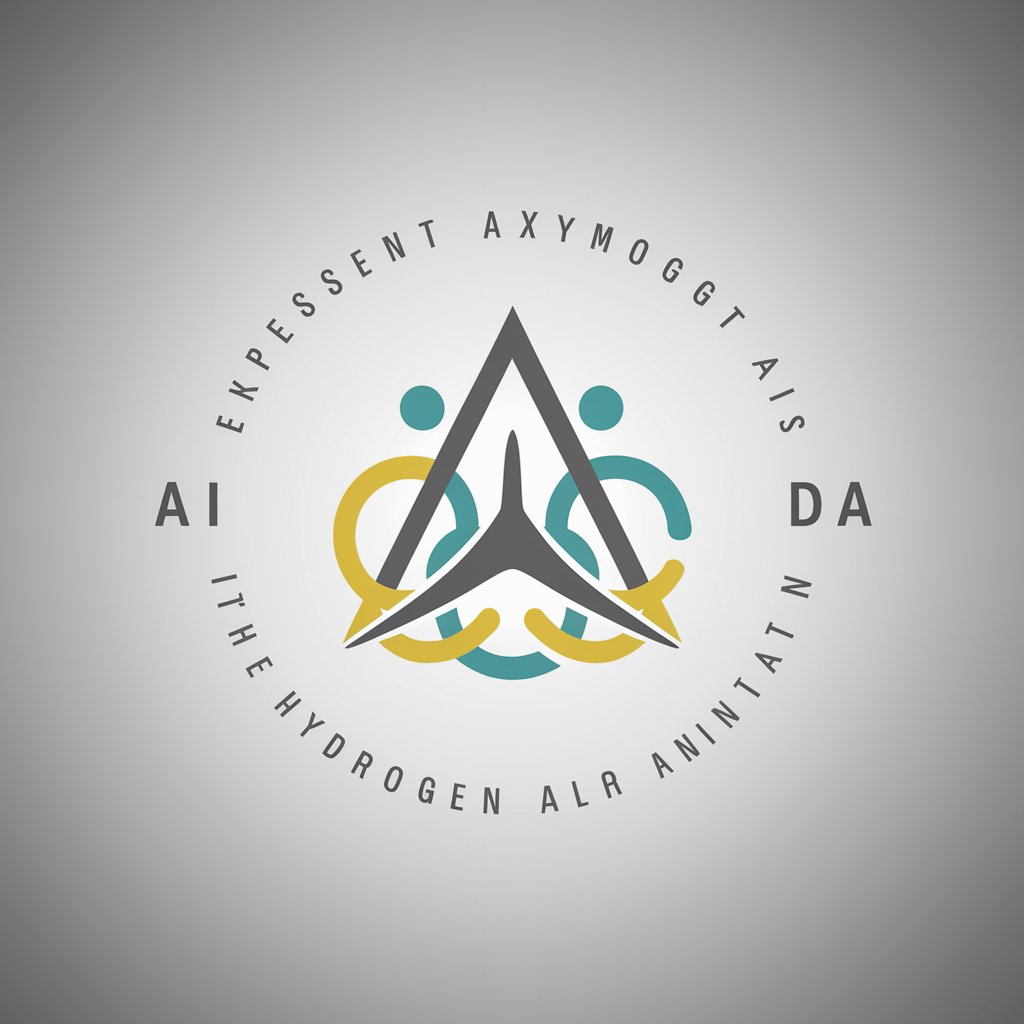
Webpack GPT
Streamlining Web Development with AI

MCAT Psych Soc Guru
Empowering MCAT Success with AI
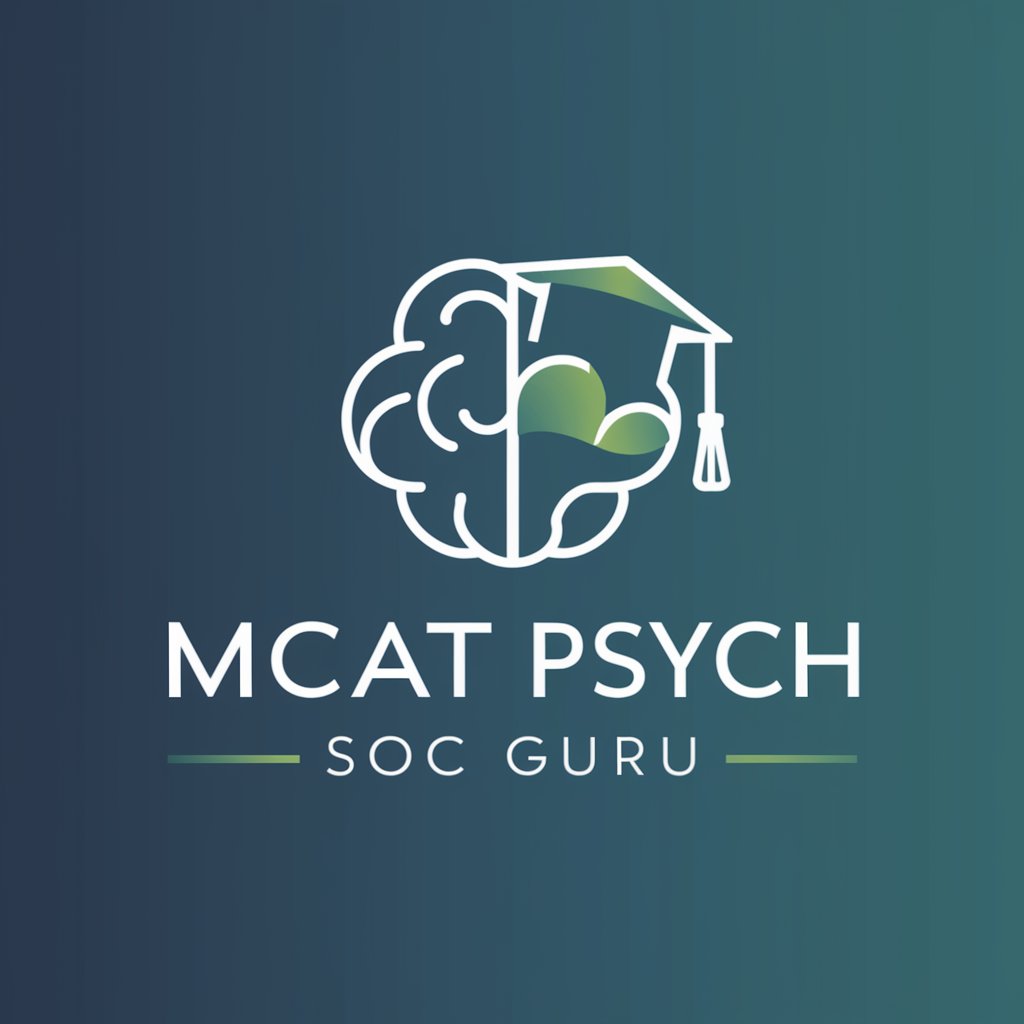
ShortGPT
Streamline your communication with AI

Medical Support
Empowering Health Decisions with AI

SEM Expert GPT
Optimize SEM with AI-driven Insights

Frequently Asked Questions About Philosophy
What is Philosophy?
Philosophy is an AI-powered tool designed to facilitate deep explorations into various philosophical topics, offering insights and fostering critical thinking and discussion.
How can Philosophy assist in academic research?
Philosophy can help generate ideas, provide historical context, and offer critical analyses of philosophical texts and theories, aiding in the composition of comprehensive academic papers.
Can Philosophy help resolve ethical dilemmas?
Yes, Philosophy can guide users through the reasoning processes involved in various ethical theories and applications, helping to clarify and address moral dilemmas.
What makes Philosophy different from other AI tools?
Philosophy specializes in the field of philosophy, providing tailored, context-rich responses that promote deep thinking and inquiry, unlike general AI tools that might not focus on philosophical depth.
Is Philosophy suitable for beginners?
Absolutely, Philosophy is designed to cater to users at all levels of philosophical understanding, from beginners to advanced scholars, making complex ideas accessible and engaging.
